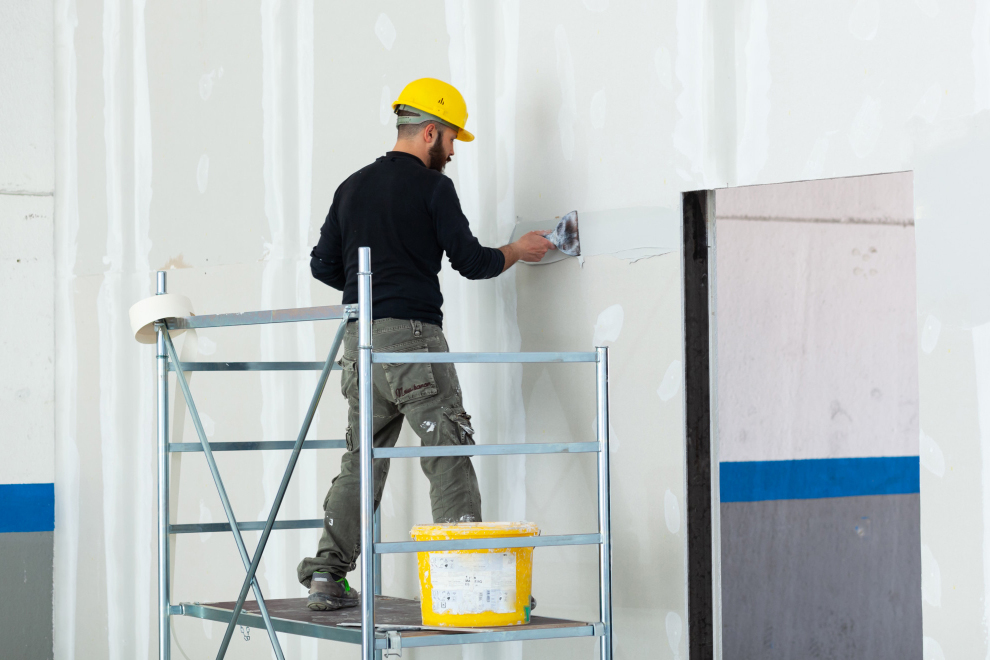The Importance of Preparing Surfaces before Repainting

Painting your home or office can be an easy way to refresh the look of your space, but it's important to remember that great paint jobs start with proper preparation. Preparation is the key to a successful paint job that lasts for years, saving you time and money in the long run. At Lakestone Painting, we understand the importance of prepping the surfaces before any painting job. That's why we're treating you to some of our favorite tips for preparing surfaces before repainting. Keep reading to learn more!
1. Clean the Surfaces
Before you begin painting, clean the surfaces thoroughly to remove any dirt, dust, grime, or mildew. Use a mild detergent and water to wash the surfaces, and then rinse them with clean water. This is important because paint won't adhere well to dirty or greasy surfaces, and it can lead to peeling or flaking in the long run.
2. Sand the Surfaces
After the surfaces have completely dried, sand them lightly to create a smooth and even surface. This will ensure that the paint adheres well and stays in place for a long time. Use a fine-grit sandpaper to do this, and be careful around edges and corners. Sanding also helps to smooth any raised grains in wood or bumps in plaster or drywall.
3. Remove any Loose Paint or Rust
If you're painting over a surface with old paint or rusty metal, make sure you remove any loose paint or rust before you begin painting. This can be done using a wire brush, sandpaper, or a paint scraper. Once you've removed loose areas, get a high-quality primer to help seal the surface so that it will accept the new paint.
4. Protect Surfaces
Before beginning any painting job, protect the surrounding areas. Use painter's tape to protect windows, door handles and other on trim or other hardware that needs protected. Use a drop cloth or similar covering to protect floors and furniture. This will keep the areas surrounding the paint job clean and free from any accidental marks.
5. Check The Surface's Condition
As you are checking the surfaces you plan to paint on, make sure to evaluate the condition of each surface. If there are significantly damaged or cracked surfaces, they may need to be replaced or repaired by professional contractors before coating to ensure a smooth finish. Anything not properly repaired will invariably make itself known through to the final coat of paint leading to frustration and lost time.
Conclusion
Great paint jobs start with proper preparation. At Lakestone Painting we've learned that by taking the time to prep properly, you can create a beautiful project that lasts for years. Taking these steps to prepare a surface before painting will not only help with the adhesion of the paint, but it will create a smooth, even surface that will look great for seasons to come. We hope our tips help inspire and guide you in your next painting project. If you're looking for Painters in Orlando, FL, contact Lakestone Painting today for a free consultation.